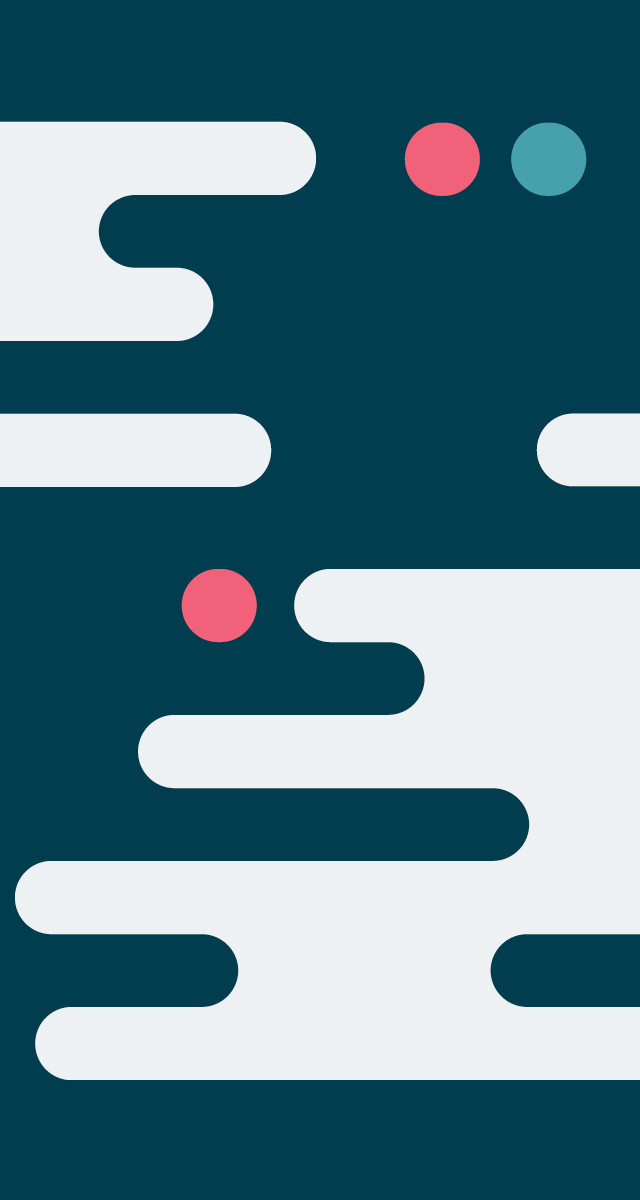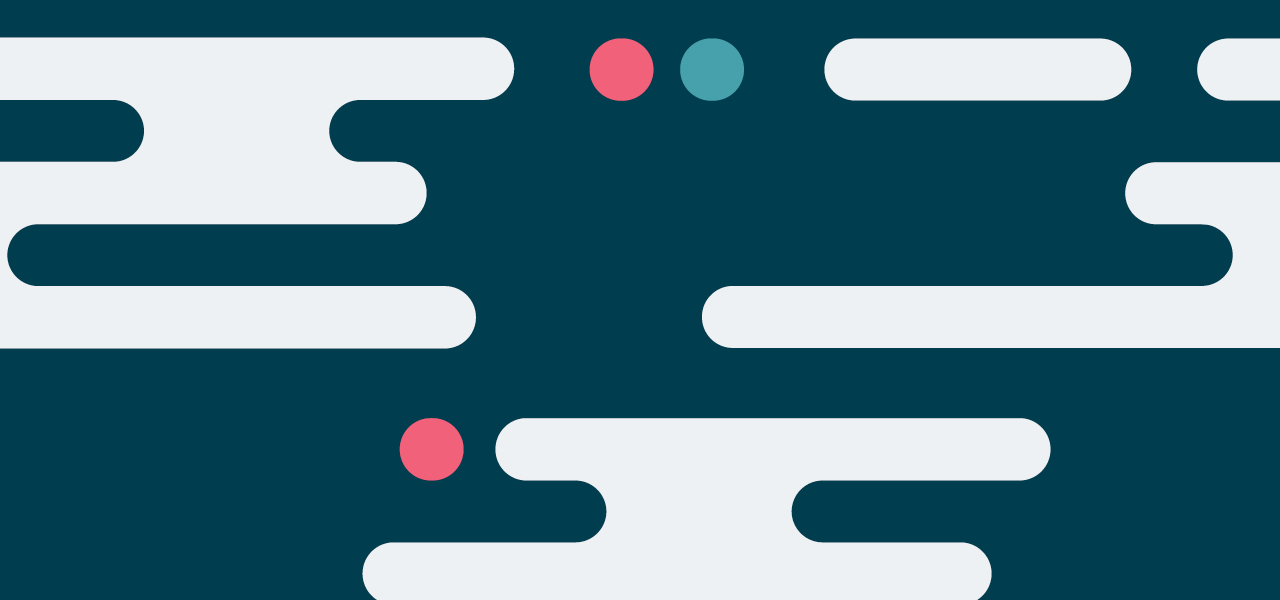XConf
XConf is our annual technology event created by technologists for technologists who care deeply about software and its impact on the world. Explore the highlight videos, talks and regional event spotlights below to get a sense of what it is like to attend XConf.
Flagship events

Technology Radar Vol.32 webinar
The Technology Radar isn’t just any tech report, it's a distillation of real-world tech experiences, hard-won learnings, and game-changing trends gathered from Thoughtworkers worldwide. Our technologists will dive deep into some of the most interesting things that will feature in the upcoming volume.

Thoughtworks Live
Thoughtworks Live is an event series designed especially for senior executives at the intersection of business and technology. Our sessions are carefully curated to explore success strategies for the future and discuss how to take advantage of the infinite possibilities created by the exponential advancements in technology.
Upcoming events
-
July 10, 2025In personUnited StatesBuilding the Future: Platform Engineering & Infrastructure as Code with Kief Morris - ChicagoPulumi and Thoughtworks are proud to bring Kief Morris—author of "Infrastructure as Code" (now in its third edition) and the definitive voice in infrastructure automation—to Chicago. With decades of experience helping organizations navigate modern infrastructure complexities, Kief offers practical wisdom on cloud technologies and DevOps essential for today's platform engineering challenges.
-
July 14, 2025OnlineGlobalUnlock the power of Data Modernization: Proven strategies to drive Innovation and smarter decisionsLearn how modernizing your data strategy with an emphasis on team alignment, data-as-a-product practices, and high-quality pipelines can help dismantle silos and improve data quality. Gain practical tools and insights to help your organization turn data into a unifying force for meaningful change and growth.
-
July 15 to 17, 2025HybridUnited StatesCDOIQ Symposium 2025The Symposium is a key executive event for sharing and exchanging cutting edge ideas, content and discussions around data analytics, machine learning, data quality and data management. Presentations explore delivering mature data and analytics capabilities for ROI, including local organizational issues to global challenges, through case studies from industry, academic, financial, government and healthcare leaders.
-
July 15, 2025In personUnited StatesBuilding the Future: Platform Engineering & Infrastructure as Code with Kief Morris - New York CityPulumi and Thoughtworks are proud to bring Kief Morris—author of "Infrastructure as Code" (now in its third edition) and the definitive voice in infrastructure automation—to NYC. With decades of experience helping organizations navigate modern infrastructure complexities, Kief offers practical wisdom on cloud technologies and DevOps essential for today's platform engineering challenges.
-
July 15, 2025OnlineGlobalOne ecosystem, many plays: Decoding SDV strategies across the industryThe software-defined vehicle isn't just changing the automotive world, it's actively redefining strategies, partnerships, and priorities across the industry. Join us for a webinar and we're bringing together a powerhouse panel of industry leaders from Infineon, Mercedes-Benz and Snowflake to unpack the biggest questions and opportunities driving this shift.
-
July 16, 2025OnlineGlobalIT operations, reinvented: Escape the grip of legacy technologyJoin Thoughtworks, in partnership with AWS, for this insightful webinar where we’ll break down the complexities of continuous modernization and reveal how IT operations can become a catalyst for innovation. We’ll show you how to protect your existing investments while gaining the flexibility to adapt to today’s fast-paced, economically turbulent landscape.
















